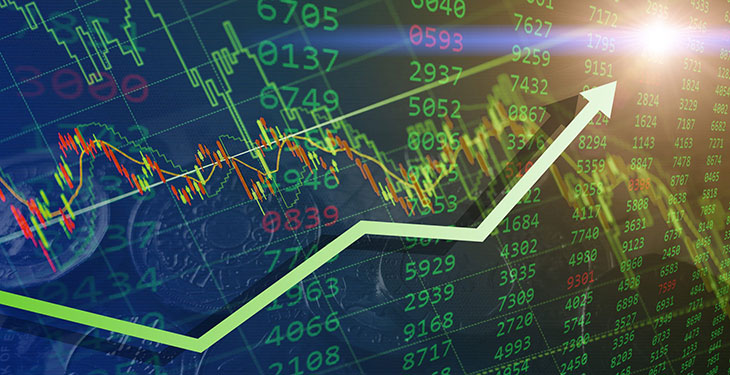European Bank for Reconstruction and Development (EBRD) lowered the estimates regarding the evolution of the Romanian economy in 2023 and 2024, according to a report published on Wednesday by the international financial institution.
According to the latest forecasts of the EBRD, Romania’s GDP should register an advance of 1.8% this year, after the May forecast indicated an expansion of 2.5% in 2023. Growth should accelerate to 3 .2% next year, compared to a level of 3.5% estimated in May, the report states.
Romania’s economy proved resilient in 2022 and recorded growth of 4.7%, boosted by robust domestic demand and stockpiling. In the first half of 2023, growth eased to 1.7% at an annual rate, reflecting a sharp slowdown in the second quarter. Domestic demand remained robust, against the backdrop of higher government spending and investments, but the depletion of stocks and the decline in goods exports over the year dragged down growth, according to the EBRD, according to Agerpres.
Industrial production has so far failed to return to growth, reflecting the energy price shock as well as weaker external demand. Although inflation is still at a high level – 9.4% in July 2023 – real wage growth has been positive since March 2023, reflecting the tightening of labor market conditions. The fiscal position has worsened, however, and the authorities are preparing a fiscal consolidation plan, to be agreed with the European Commission.
The fiscal deficit could reach 7% of GDP in 2023, much higher than the projected level of 4.4% of GDP. As such, moderate private consumption, along with potential tax adjustments, will likely define the growth trajectory this year, the report said.
Considering the slowdown in the first half of the year, GDP growth is forecast at 1.8% for this year as a whole, EBRD estimates.
Solid agricultural exports and production, and robust EU-financed investment, are sources of upside risks to the forecast, while weaknesses in industry and construction are expected to weigh on growth. In 2024, as inflation moderates and financial conditions ease, growth could accelerate to 3.2%, in the absence of any major shocks, EBRD estimates.
